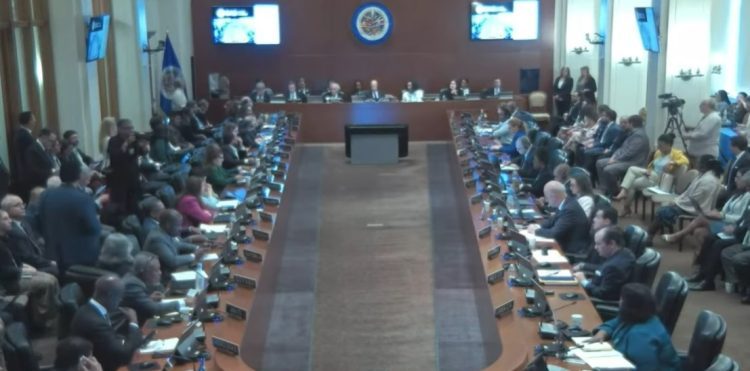There is no comparison for the pride that feels a person when graduates of his university career, after several years of effort and dedication to achieve being the professional he always wanted to be. In addition to reflecting and giving himself a “pat on the back” for all the achievements, the experts give a advice that you always have to keep in mind when you start andthis stage of job search and integration into the world of work.
Speaking to Los Angeles Times, Nick Holeman, director of financial planning at Bettermentan American financial advisory firm, recommended ““organize and manage individual finances.”
Managing your finances as you enter adulthood can be difficult, from understanding health insurance and benefits to managing a budget“At a time when credit card delinquencies are on the rise and interest rates are still high, it is more important than ever for recent graduates to start their adult life on the right financial path,” Holeman said.
Read More: She worked in HR at Spotify and said what to never do in an interview
How to organize finances after graduation
The importance of saving for your finances.
iStock
Nick Holeman stated 4 tips to keep in mind When a graduate gets his or her first job, whether temporary, part-time or full-time, depending on the income generated, a financial organization can be implemented that fits with personal reality or objectives.
The recommendations he listed are:
1. Pay attention to instructions for entering a new job
“Getting your first job is exciting, but the process of joining a company can be overwhelming,” said the expert. In this context, He stressed that benefits, health insurance and contributions for retirement should not be ignored.
2. Calculate health insurance
Holeman explained: “Some recent graduates might remain on their parents’ health insurance, while others might enroll in an employer’s health insurance plan.”
“You shouldn’t go uninsured if you’re going to work for an employer that doesn’t offer health insurance,” Louise Norris, a health policy analyst at healthinsurance.org, an independent guide to choosing health insurance, told the aforementioned American media.
3. Save for emergencies
It’s difficult to prepare for emergencies because you never know when they will happen or how costly they will be. However, it is good practice to have an emergency fund in the face of any unexpected circumstance.
“Think of your emergency fund as a ‘break glass in case of emergency“Emergency fund amounts vary depending on each person’s circumstances,” said Holeman, who recommended keeping those savings in a separate bank account and that the amount be equivalent to three to six months of expenses.
4. Manage your credit card usage
Credit cards can help Build credit score and develop good borrowing habitsbut if not used carefully, They can also get into a lot of debt.
“It’s better to use your credit card to pay for things you can already afford. Use it as a way to make payments rather than a way to borrow money,” he recommended. Steve Pilloff, associate professor of finance at the George Mason University Costello School of Business.
The key: making budgets
In addition to the appointed councils, lThe priority is to make a budget. And what is the reason for this recommendation? The main reason is because this technique changes along with personal finances, and varies depending on the type you have, or if you are looking to move or buy something of value and give yourself a treat.
“Creating a budget is not a one-time process. To achieve your financial goals, you must continually evaluate and adjust it.” Nick Holeman concluded.
Further: The question that is common in job interviews, but you shouldn’t ask


















